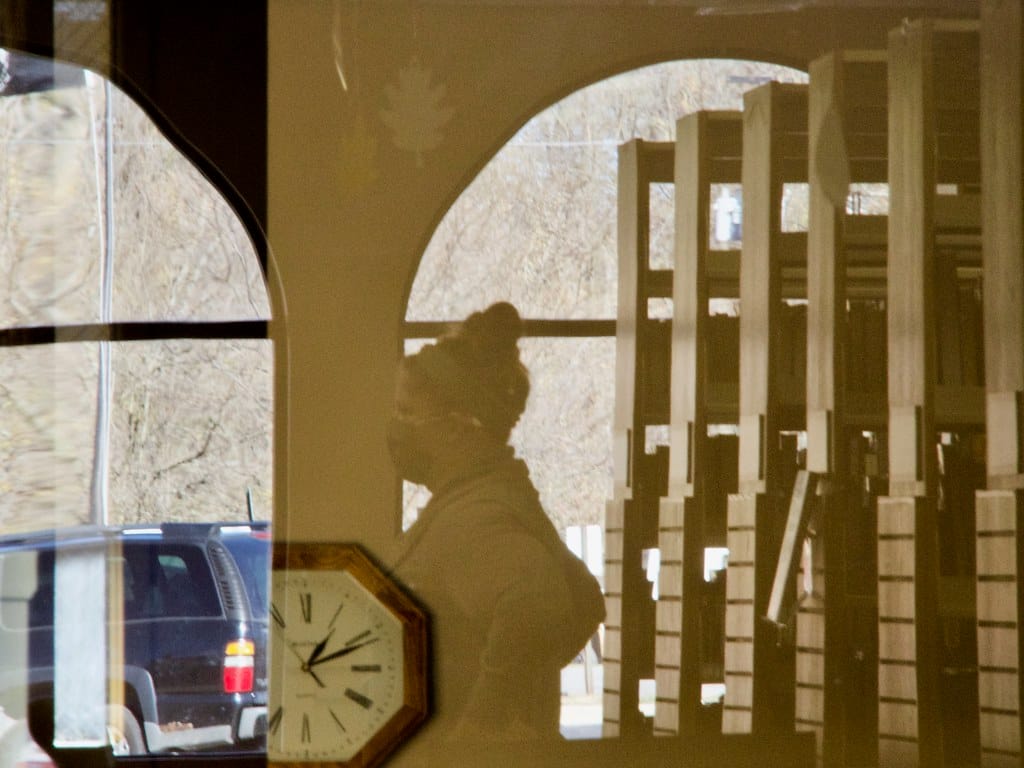Belgium Blocks Internet Archive's Open Library, Sparking Global Digital Rights Debate
A Brussels court ruling against the Internet Archive's lending program raises critical questions about the future of digital libraries and public access to knowledge in the digital age.
Belgium has become the latest battleground in the escalating conflict between traditional publishing and digital access to books, with a Brussels court ordering Internet Archive to block Belgian users from accessing its controversial "Open Library" service. The decision, handed down in November 2024, marks another significant blow to what many consider one of the internet's most important repositories of human knowledge.
What is the Open Library?
The Internet Archive's Open Library operates on a "controlled digital lending" model, allowing users to borrow digitized versions of physical books that the organization owns. The service has provided access to over 3.9 million books, functioning similarly to a traditional library but in digital form. Users can check out books for limited periods, with only one digital copy available per physical book owned.
For over a decade, this system operated in relative obscurity until the COVID-19 pandemic thrust it into the spotlight. When libraries worldwide closed their doors in 2020, the Internet Archive temporarily removed borrowing restrictions, creating a "National Emergency Library" that allowed unlimited simultaneous access to its collection.
The Legal Firestorm
That decision proved to be a catalyst for legal action. Major publishers, including Hachette, HarperCollins, John Wiley & Sons, and Penguin Random House, filed lawsuits arguing that the Internet Archive's practices constituted copyright infringement on a massive scale.
The Belgian ruling follows a pattern of legal defeats for the Internet Archive. In March 2023, a U.S. federal court ruled against the organization in Hachette v. Internet Archive, finding that controlled digital lending violated copyright law. The court rejected arguments that the practice constituted fair use, dealing a significant blow to digital preservation advocates.
Belgium's Specific Concerns
The Brussels court's decision specifically targeted the Open Library's availability to Belgian users. According to court documents, the ruling came after complaints from Belgian publishers and authors' rights organizations, who argued that the service was undermining legitimate book sales and authors' livelihoods in the country.
"This isn't about restricting access to knowledge," said Marie Dubois, spokesperson for the Belgian Publishers Association. "It's about ensuring that authors and publishers receive fair compensation for their intellectual property."
The court ordered Internet Archive to implement geo-blocking technology to prevent Belgian IP addresses from accessing the Open Library within 30 days of the ruling, or face substantial daily fines.
Global Implications for Digital Access
Belgium's ban represents more than a regional dispute—it signals a potential fragmentation of digital library services worldwide. Legal experts warn that similar rulings in other jurisdictions could create a patchwork of access restrictions that undermine the Internet Archive's mission to provide universal access to information.
The decision particularly impacts researchers, students, and readers in Belgium who relied on the service to access rare or out-of-print books. Academic institutions have expressed concern about the ruling's effect on scholarly research, especially for materials not readily available through commercial channels.
The Broader Digital Rights Debate
This legal battle reflects fundamental tensions in how society balances copyright protection with public access to information. Supporters of the Internet Archive argue that controlled digital lending represents a natural evolution of traditional library lending, essential for preserving cultural heritage in the digital age.
Critics, however, contend that the service operates outside established copyright frameworks, potentially depriving authors and publishers of revenue from legitimate digital sales and licensing agreements.
What's Next?
The Internet Archive has not publicly announced whether it will appeal the Belgian ruling, though the organization has historically fought such restrictions. The case joins a growing list of international challenges to digital preservation efforts, including ongoing disputes in India and preliminary legal actions in other European Union countries.
For users in Belgium, the immediate impact is clear: access to one of the internet's largest digital libraries has been severed, potentially permanently. The ruling serves as a stark reminder that the future of digital libraries remains uncertain, caught between evolving technology, established copyright law, and competing visions of how knowledge should be shared in the 21st century.
As this legal landscape continues to evolve, the Belgium ban may prove to be either an isolated restriction or the beginning of a broader global curtailment of digital library services.
